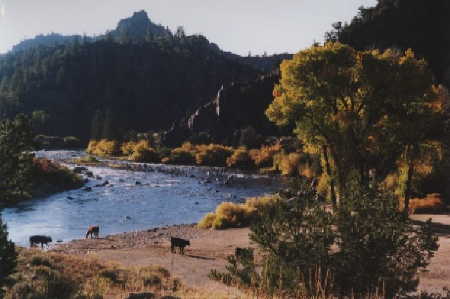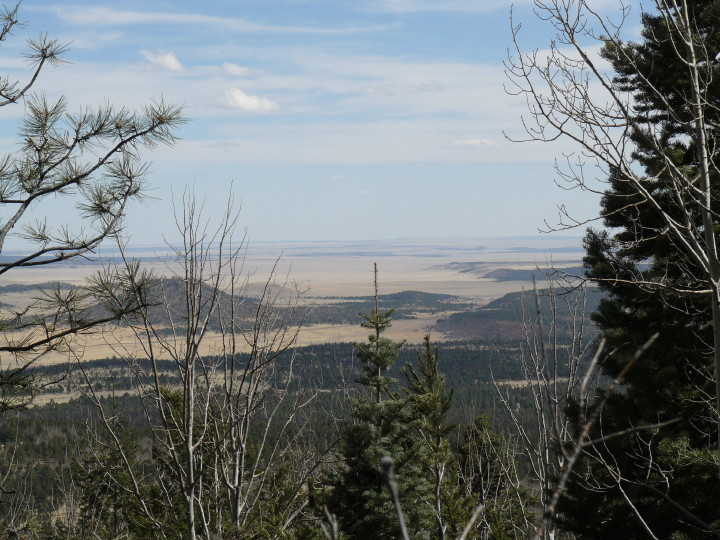
D R A F T AGENDA
New Mexico
State Land Trusts Advisory Board
New Mexico State Land Office
Morgan Hall
310 Old Santa Fe Trail
Santa Fe, New Mexico
Tuesday, June 17, 2008
11:00 AM
Agenda Item 1 - Call to Order - Chairman Raye Miller
Agenda Item 2 - Roll Call
Agenda Item 3 - Introduction of Board Members, Guests and State Land
Office Staff
Agenda Item 4 - Welcome - Commissioner of Public Lands, Patrick H. Lyons
Agenda Item 5 - Approval of Agenda
Agenda Item 6 - Approval of September 11, 2007 and December 11, 2007 Minutes
New Business
Agenda Item 7 - Election of State Land Trusts Advisory Board Officers
The State Land Trusts Advisory Board is required to elect a Chairman, Vice
Chairman and other officers it deems necessary. The Board will nominate
and elect officers.
Agenda Item 8 - Open Meetings Resolution
The State Land Trusts Advisory Board is required to conduct its meetings
in compliance with the Open Meetings Act. The Board will review and adopt
a resolution regarding the conduct of meetings in compliance with the Act.
Agenda Item 9 - Commissioner's Report
Presented by Commissioner Lyons
Key accomplishments and an outlook for 2007 will be presented.
Agenda Item 10 - Financial Report
Presented by Della Gutierrez, Assistant Commissioner for Administrative
Services
The status of the State Land Office's budget and revenue projections will
be presented.
Agenda Item 11 - The State Land Trusts' Management Program Update - Dennis
Garcia, Deputy Commissioner
* Commercial Resources - Presented by Jerry King, Assistant
Commissioner for Commercial Resources
* Surface Resources - Presented by Larry Kehoe, Assistant
Commissioner for Surface Resources
* Mineral Resources - Presented by John Bemis, Assistant
Commissioner for Mineral Resources
* Communications/Public Information - Presented by Kristin Haase,
Assistant Commissioner for Public Relations
* Special Projects - BLM Exchange Update - Presented by Dallas
Rippy, Assistant Commissioner for Special Projects
* Organization, Legal Foundation and Programmatic Responsibilities
- Presented by Robert Stranahan, General Counsel
Agenda Item 12 - Miscellaneous Business
Agenda Item 13 - Public Comments
Agenda Item 14 - Next Meeting Date, Time and Location
Adjourn


















